“Adaptability stands as one of the most valuable attributes we can cultivate in this environment.”Dr John Kinniburgh, Headmaster

Toowoomba Grammar School (TGS) has consistently prepared young men for life and work beyond the School gates.
This commitment is reflected in how, for generations, our Old Boys have maintained strong connections with the School and their region, demonstrating a dedication to making a meaningful difference in the world.
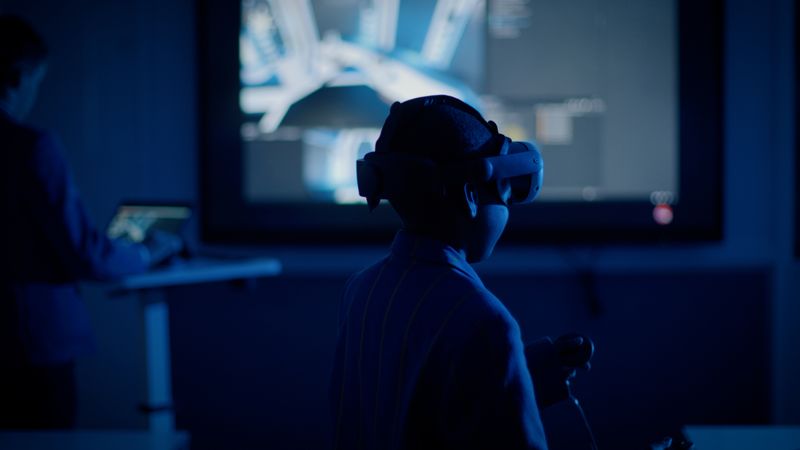
Honouring the Past, Preparing for the Future
The Grammar 150 celebrations this year offer a special opportunity to reflect on the significant contributions of our former students who have achieved remarkable success locally, nationally and internationally.
As we honour this legacy, we must also look forward. A TGS education has long equipped graduates for both specialist and generalist pathways. The world our boys are entering today, however, is far more complex. Rapid advancements in technology, including automation and artificial intelligence, are transforming industries, presenting both challenges and unprecedented opportunities.
In this context, schools like TGS must anticipate societal changes, the evolution of industries and the careers our students will pursue. This is no simple task. It requires balancing the wisdom of the past 150 years with the need to adopt new approaches fit for the future.
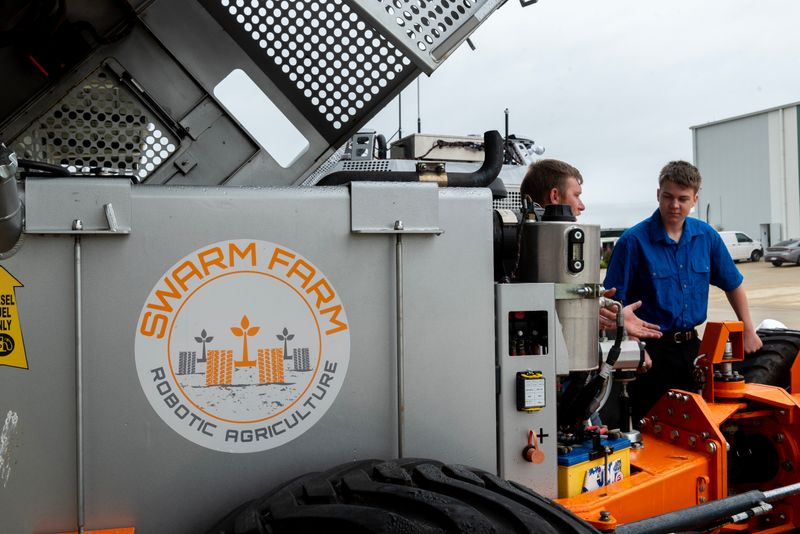
The Case for Innovation in Education
Our core purpose is “to educate boys and develop their good character for life,” and it is this focus on character that forms the rich foundation of learning at TGS. Character development underpins adaptability, it ensures boys are equipped to navigate, embrace and lead change. This is a crucial focus for schools like ours in today’s dynamic environment.
Change is constant in the modern world. As educators, we recognise this reality and accept the responsibility of preparing our students for an ever-evolving society. Our challenge is to maintain relevance amidst the rapid advancements in technology, industry and social dynamics.
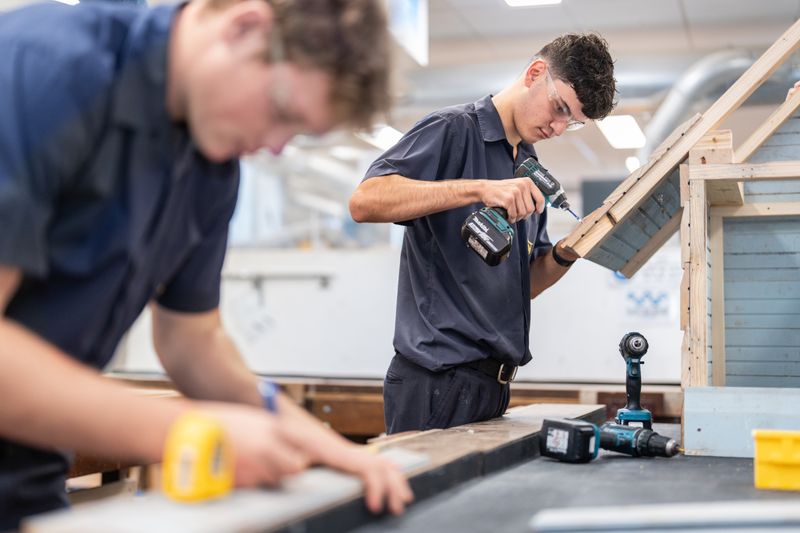
In response, TGS continues to uphold its traditional commitment to building deep knowledge while embracing research-informed approaches to teaching and learning. Given the speed of global change, it is vital that boys leave TGS with a diverse toolkit of skills and frameworks that allow them to respond thoughtfully and confidently to uncertainty and opportunity.
Innovation plays a central role in this. While the term is often misunderstood or diluted, genuine innovation in schools should be measured by improvement and impact, not by novelty factor. There is a tendency in education to layer new initiatives onto old systems, creating complexity rather than clarity. Innovation is not a veneer of new technology, a flashy idea or a gimmick. It’s about refining our practices so we can do things better and help students understand how to do the same in the world beyond the School.
Equipping Boys for an Evolving World
The landscape awaiting a TGS graduate is dynamic and multifaceted, characterised by emerging technologies and complex global demands. These include climate change, environmental sustainability, geopolitical instability, shifting economies, global health challenges and rising expectations around social responsibility and ethical leadership. Navigating such a landscape requires more than technical knowledge. It calls for adaptability, critical thinking, cultural awareness and a capacity to lead with confidence and integrity.
Teaching must, therefore, extend beyond mere content delivery. Through our approach, we equip boys with both the mindset and skillset to thrive amid uncertainty and contribute meaningfully to the communities and industries they will one day shape. In this context, innovation isn’t about chasing trends but about thoughtful progression, embracing necessary change while remaining grounded in our values and traditions.
Innovative thinking requires a solid foundation of knowledge. From this base, students learn to make connections across disciplines, synthesise ideas and apply their understanding in practical and imaginative ways. Such cumulative learning deepens understanding and helps shape career pathways aligned with personal interests and community needs.
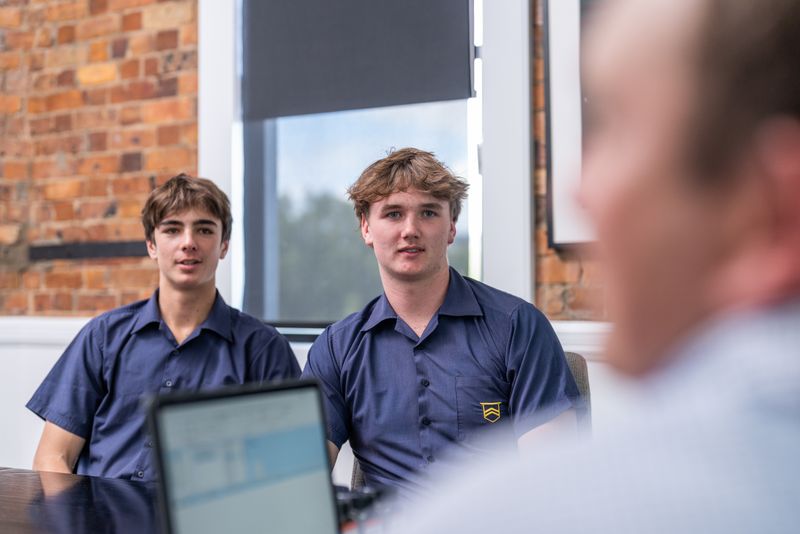
At TGS, we view innovation as solving real-world challenges with creativity, care and purpose. By drawing on the collective wisdom of our staff, alumni and regional partners, we promote equitable learning that balances specialised expertise with broad and transferable capabilities. Our students connect their learning to the world around them, preparing not only for emerging trends and opportunities but also for essential trades and traditional professions.
This generation of learners is distinct. Today’s boys are digital natives: information-savvy, globally aware and purpose-driven. Many are also deeply committed to making a meaningful contribution with an entrepreneurial spirit and appetite for relevance. Therefore, we have an obligation to provide educational experiences that stretch their thinking and nurture their sense of responsibility.
They are also coming of age at a critical time for Australia. Our nation faces a shrinking skilled workforce, particularly in trades, care industries and technology. Demographer Simon Kuestenmacher warns that by 2030, more than 20% of Australia’s current tradespeople will have retired, with fewer than half the professionals needed to replace them. This looming shortfall creates both a challenge and an opportunity for our students.
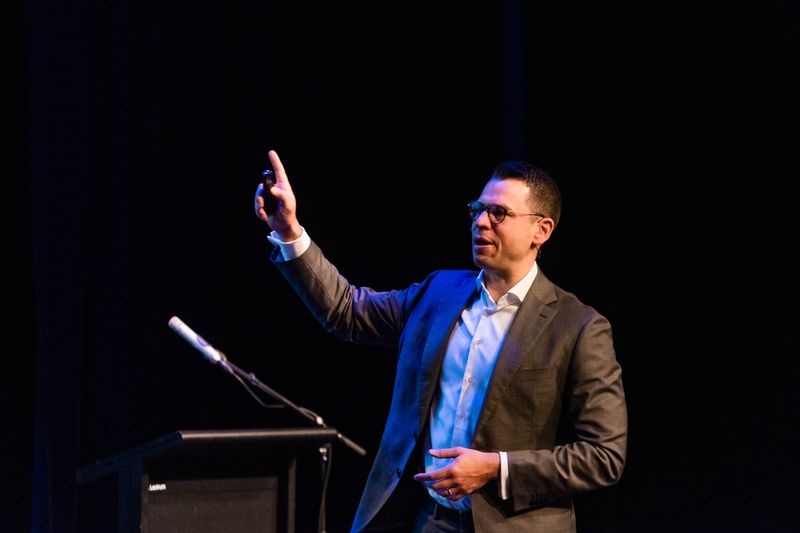
TGX: A Grounded and Future- Focused Program
These challenges are particularly pronounced in Queensland, where the regional economy depends on a blend of traditional industries and emerging sectors. In the Darling Downs, for example, the $1.27 billion agricultural industry must be sustained alongside growing workforce needs in healthcare, education and technology services.
TGS fosters this quality through diverse learning experiences, reflective practices that build self-awareness and a setting that nurtures curiosity and creativity. Academic rigour and applied learning work hand in hand, helping boys become comfortable with uncertainty while developing the resilience to lead in a rapidly changing world.
To address these evolving demands, both global and local, Toowoomba Grammar School is developing an integrated approach to education that connects learning with real-world challenges. Central to this vision is TGX, a program designed to help students explore meaningful problems and develop real solutions.

Grounded in the key contexts of regional Australia, agriculture, industry and the environment, TGX encourages boys to think critically and act practically. Through partnerships with industry, the use of design thinking and a strong focus on implementation, not just ideas, students are supported to move from concept to outcome. Whether it is improving water use in agriculture or addressing sustainability in local industries, TGX challenges boys to apply their learning in ways that are relevant, purposeful and enduring.
This work is supported by the School’s outstanding new facilities, including the Design, Engineering and Technology Centre and the Agriculture and Industry Centre. These spaces allow boys to explore hands-on design, engineering, technologies and trades in an environment that reflects the industries they may one day lead or engage with.
Learning with Purpose and Impact
We believe that boys must learn not just to think but to act and to understand how their thinking connects with the world around them. That’s why our learning experiences prioritise both the process and the outcome. We provide meaningful feedback from staff and industry mentors, helping boys reflect, iterate and grow.
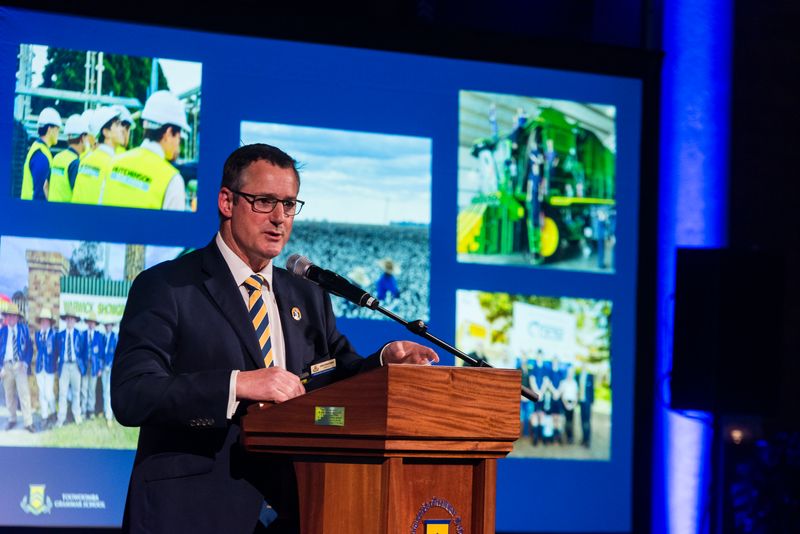
At Toowoomba Grammar School, we are not replacing tradition, we are building on it. By combining a strong academic foundation with opportunities for applied, contextual learning, we are preparing boys to be capable, adaptable and confident contributors to their communities and their future world.
FIDELIS IN OMNIBUS
Latest Blog
Helpful Tips for New Boarding Parents
Name absolutely everything! Socks, undies, phone chargers, water bottles, caps. EVERYTHING!! Make sure you name items with Boy’s name & House number; most parents will put their senior house number if printing the tags so they don’t have to rename items when they move the following year (Corfe House doesn’t have a house number). Some boys find a double bed doona is a better option than single doona as it hangs down the sides of the bed a little more to keep them warmer in winter. An…
Parenting Styles: Parties and the Holidays
As the holiday season approaches, parents and caregivers find themselves immersed in the joy and bustle of festivities. Amidst the celebrations, it’s essential to pause and reflect on the pivotal role our parenting styles play in shaping our children’s attitudes and behaviours, especially concerning alcohol and other drug use. As a father of four young people with my fifth child coming into our family on 8 December 2023, I’m particularly mindful of my parenting style and my role as School…
Building the Boarding Experience - at Home
Family connections is a vital aspect of our Toowoomba Grammar School boarding program that we hold close to our heart. Our Heads of House regularly make the effort to visit our boarding families so they have a better understanding of our boarders' lives, the challenges and experiences, and staff always enjoy the warmth and hospitality provided by families. Head of Corfe House, Henry White and his wife, Samantha recently spent a weekend with the Acton family on Dalgonally Station near Julia…
A New Season for Coach Kabe
Highly respected Head of Basketball and 1st V Coach, Kabe Ciccolini is embarking on a new and inspiring chapter. This season, he takes up the role of Assistant Head of Corfe House, guiding our youngest boarders with a warmth and passion that is uniquely his own. Kabe’s decision to transition into the role of Assistant Head of Corfe House reflects his unwavering commitment to mentorship and leadership. For him, this move signifies a positive step in his career. “It’s an opportunity to further…
Embrace Every Moment
In the words of one of the greatest leaders of all time, Albus Dumbledore, “it does not do to dwell on dreams and forget to live.” The wise wizard spoke these words to Harry as he stood before the Mirror of Erised, a magical artifact that reveals one’s deepest desires. These words tell the story of the balance between our dreams and the richness of the present moment. We live in a world that often urges us to focus on our aspirations; , sometimes we get so lost in our dreams that we do not…
What is the TGS Athletic Development Academy?
As a TGS Old Boy (2003-14), sport has always been an integral part of my upbringing. As a young boy I discovered the joys of cricket, track and field and touch footy. This love of being active led me to studying Exercise Science at University and I was fortunate enough to work with a range of national and international level athletes, culminating in an internship at the Brisbane Broncos. This experience launched my career in the strength and conditioning space, allowing me to work with…
The Boarding and Day Family Connections
My husband Ben and I are four years into our boarding journey at Toowoomba Grammar School, we have two boys in Mackintosh House, Josh in Year 10 and Archie in Year 9, and a daughter Ella who is home with us for one more year before we become empty nesters. We are in the fortunate position that we live reasonably close, so we have the privilege of taking our boys home often and can attend most School events. For many of our boarding families, this is not the case, they live great distances away…
Streamline Success
Education is a transformative journey where the path we choose exerts a profound influence on our ultimate success. A streamed class is like an express locomotive: swift, efficient, and filled with eager passengers zooming towards their educational destination. Meanwhile, an unstreamed class resembles a motley group of hikers who accidentally wandered onto the wrong trail, stumbling and bickering as they struggle to find their way. Imagine the express locomotive of streamed classes, full of…
Reducing Stress: the Key to a Peaceful Life
Have you ever felt the soul-crushing burden of stress dragging your life through the mud? Ever had your precious time dwindled away at the hands of stress, while you are left powerless and alone? Well all this pain and anguish can be resolved in an instant; and all it takes is a change in the way we think. This alteration in brain chemistry is defined as mindfulness, the ability to obtain momentary awareness and recognition of our thoughts and feelings. Mindfulness is the key to defeating…